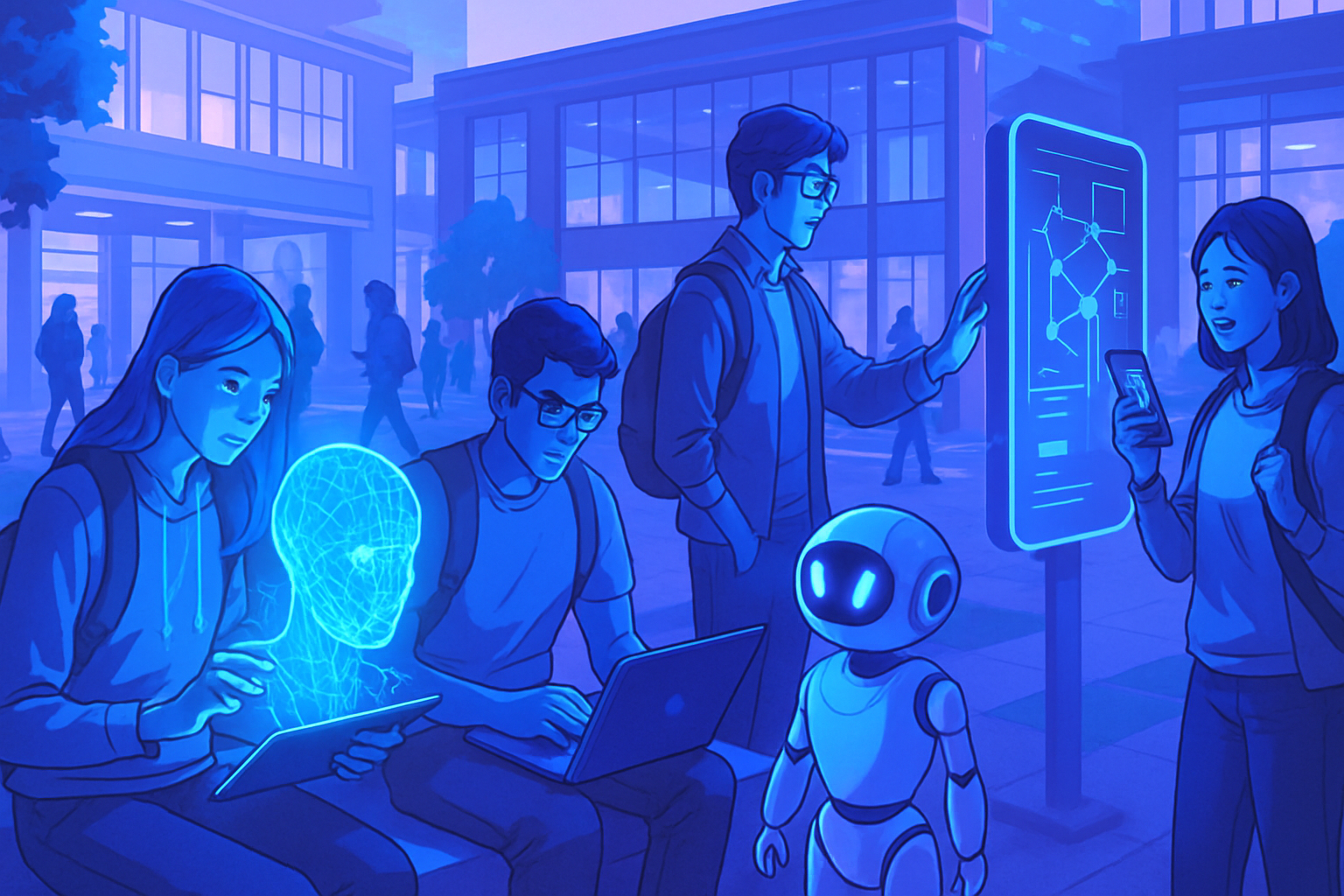The Dead Sea Scrolls: An Antique Treasure
The Dead Sea Scrolls have profoundly changed our perception of the Bible and ancient texts. These documents, dating back several centuries before our era, reveal unprecedented aspects of the religious beliefs of the time. Recently discovered fragments could even indicate that some of these writings are *older than expected*. Each text, every word, opens a fascinating window into the *spirituality and culture* of antiquity. The enigma of the origins of these manuscripts questions and promises to rewrite history. What do these writings really reveal about the *transmission of faith*?
The Dead Sea Scrolls: An Invaluable Treasure
The Dead Sea Scrolls, discovered in the 1940s and 1950s near Qumran in the West Bank, constitute an exceptional collection. These ancient writings, dating from around 250 BCE to 68 CE, include biblical texts as well as sectarian and apocryphal writings. They reveal religious practices and beliefs that prevailed during the Second Temple period in Jerusalem.
A Revolution in Biblical Study
These manuscripts have disrupted the understanding of the textual traditions of the Hebrew Bible. Specifically, they have expanded the scope of research into the origins of biblical texts. Among the major discoveries, the presence of textual variants has shown that some biblical versions were in continuous evolution. This calls into question the idea of a fixed transmission of sacred texts.
Recent Discoveries: Antiquity Questioned
Recent analyses highlight the possibility that some manuscripts are older than previously believed. Radiocarbon dating studies suggest that several of these documents might have been written several centuries prior to their first known dating. This hypothesis alters perspectives on the translators and scribes of the period.
The Implications for the History of Religions
As the Dead Sea Scrolls shed light on the Jewish roots of Christianity, their study offers an enriched understanding of religious interactions. Similarities between passages in the writings and those in the New Testament can no longer be ignored. The impact of these discoveries encourages a deeper interreligious dialogue, beneficial for understanding both origins and doctrinal evolutions.
Technology Serving Analysis
The increased use of advanced technologies, such as artificial intelligence, is transforming the analysis of these manuscripts. Innovative projects, like OpenAI presenting advances in visual reasoning, will allow for decoding difficult-to-read passages. These developments strengthen the hope of recovering lost or unexplored fragments. For more information on these technological advances, refer to this article.
The Debates on the Authenticity of Writings
Alongside research, controversies arise regarding the authenticity of certain works. Some researchers question the attributions, suggesting later influences. The provenance of various manuscripts raises questions about the communities that produced them, thus creating fertile ground for academic debates.
The Ecology of Manuscripts and Their Preservation
The preservation of these ancient works remains crucial in the face of environmental challenges and natural degradation. Recent techniques show promising results for the conservation of fragile texts. One example is the new training technique that revolutionizes neural networks to reduce their energy consumption, presented in this article.
The Impact of AI on Human Research
The first artificial intelligence to write peer-reviewed articles, called AutoScience Carl, opens new possibilities for research. It assists researchers in their quest for innovative interpretations of the manuscripts. This development could enrich biblical studies by offering multiple analyses. More information on this AI is available in this article.
Frequently Asked Questions
What are the Dead Sea Scrolls and why are they so important for the study of the Bible?
The Dead Sea Scrolls, discovered between 1947 and 1956 near the Dead Sea, include ancient texts that belong to the Jewish community of the Second Temple. They are essential because they provide insights into the beliefs, religious practices, and biblical writings of the time.
Do the Dead Sea Scrolls contain different versions of the books of the Bible that we know today?
Yes, some manuscripts present textual variations from the canonical versions of the Bible, which can shed light on the evolution of the texts and the scriptural practices of the early Christian and Jewish communities.
Is it possible that the Dead Sea Scrolls are older than the known copies of the Bible?
Yes, many researchers believe that some manuscripts could date back to the third century BCE, which makes them significantly older than the Greek versions of the New Testament and other biblical copies discovered previously.
What types of texts are included in the Dead Sea Scrolls?
The manuscripts include biblical books, commentaries, community regulations, and apocryphal writings. They provide an overview of the beliefs and theology of the time.
How have the Dead Sea Scrolls influenced our historical and theological understanding of Christianity?
These manuscripts offer perspectives on the origins of Christianity, its links with Judaism, and how biblical writings were interpreted, thus illustrating the various currents of religious thought of the time.
How do researchers determine the age of the Dead Sea Scrolls?
Researchers use dating methods, such as radiocarbon dating and paleographic analysis, to establish a chronology of the manuscripts based on the material and writing of the texts.
Do the discoveries of the Dead Sea Scrolls challenge the traditional version of the Bible?
Although some manuscripts present differences, this does not necessarily challenge the traditional version, but encourages a reevaluation of the evolution of the text and its transmission throughout history.
What efforts are being made to preserve and study these manuscripts?
Researchers and institutions are dedicated to the conservation of the manuscripts using advanced technologies, such as digital imaging, to protect them while facilitating their study.
Do the Dead Sea Scrolls impact the faith of believers today?
Yes, they spark debates among believers about the historicity of religious texts and encourage a deeper study of the roots of their faith, thereby reinforcing or altering their spiritual understanding.






